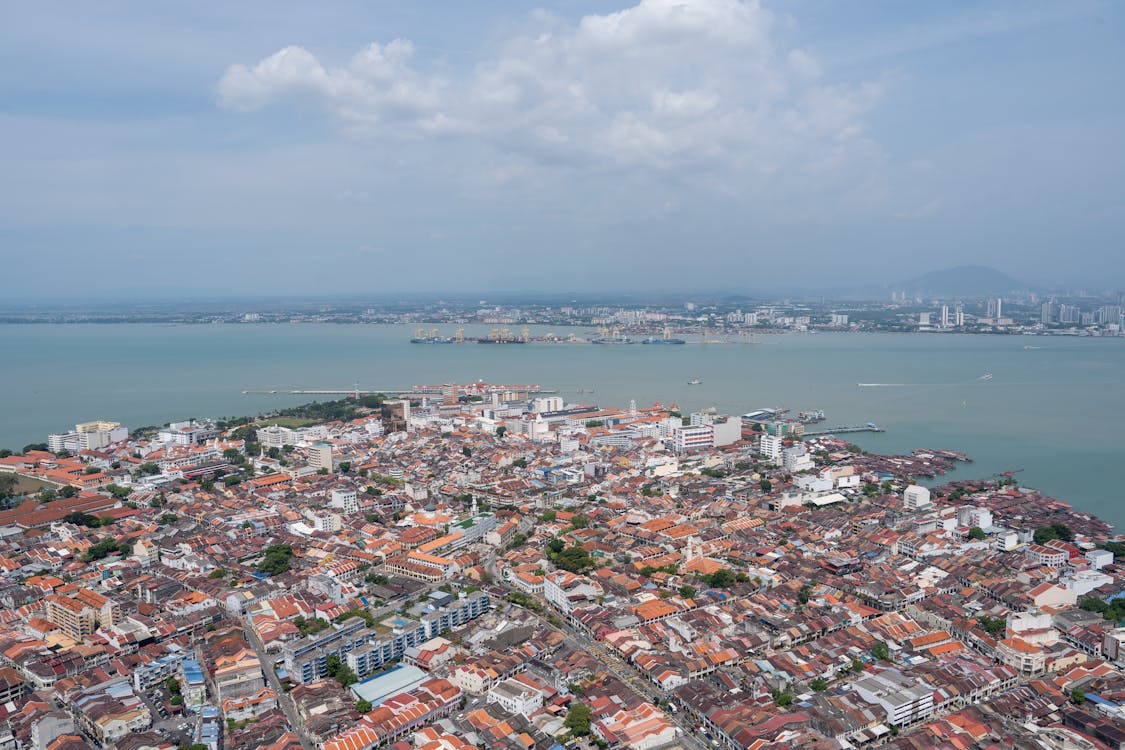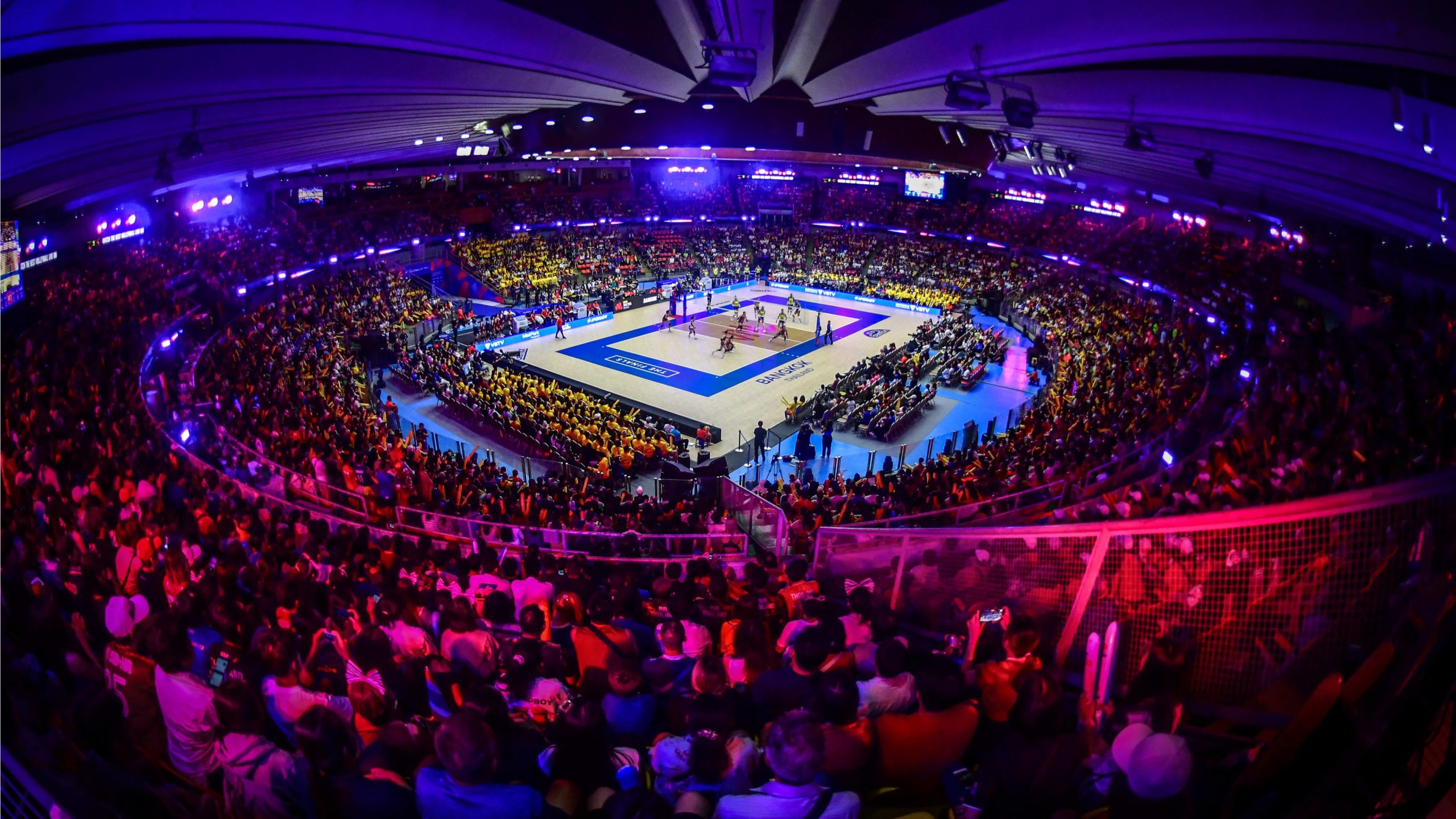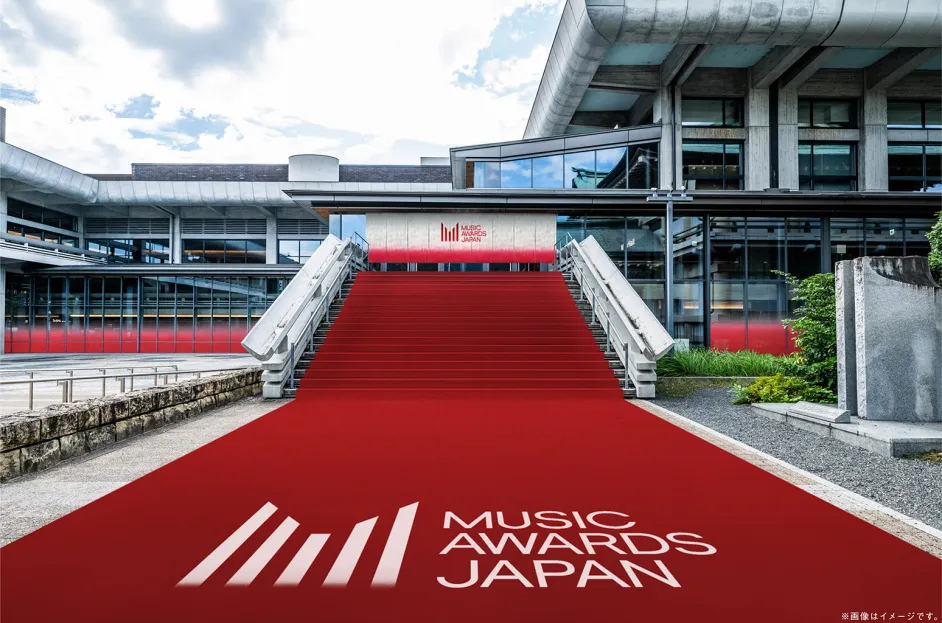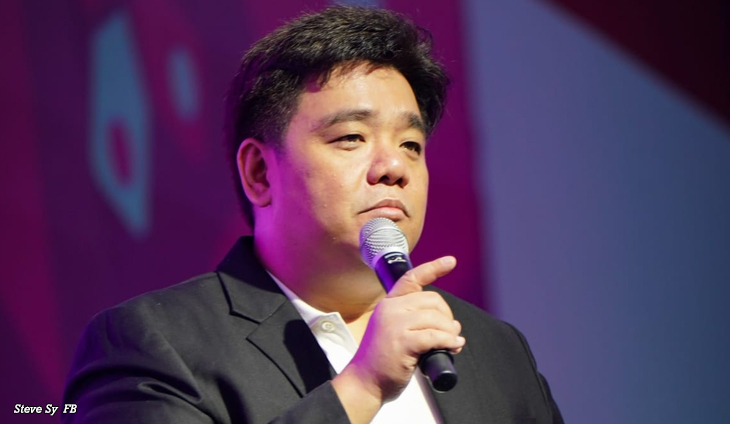Japan’s music industry finally hits the global accelerator
The Music Awards Japan 2025 marks a milestone in the country’s cultural diplomacy. Slated for May 21–22, 2025, at the Rohm Theater Kyoto, this inaugural pan-Asian awards ceremony is not just about trophies — it’s a strategic soft power initiative. Backed by the Japan Culture and Entertainment Industry Promotion Association (CEIPA) and supported by the Ministry of Economy, Trade and Industry, the event aims to showcase Japanese artists on an international platform, while honoring top talent across Asia and the West.
After years of watching K-pop dominate the global charts, Japan is now stepping up with its own industry showcase — a high-production, cross-border music celebration designed to reassert J-pop’s relevance in the Asian entertainment ecosystem.
Global ambition: Beyond domestic hits
The Music Awards Japan (MAJ) arrives at a time when Japan’s domestic music market remains strong — but not globalized. While Japan is still the world’s second-largest music market after the U.S., it has historically focused inward, with physical sales, language-bound content, and limited international promotion.
MAJ 2025 signals a strategic pivot. Organizers plan to:
Honor artists across Asia, including Korea, China, Thailand, and India
Invite Western acts who influence Asian charts
Stream the event globally through YouTube Japan and J-WAVE
The theme, “Asia, Amplified,” reflects this outward focus. Winners will be selected across categories such as Global Artist of the Year, Asian Cultural Impact, Digital Breakout, and Rising Producer.
CEIPA Chairperson Masaru Fujita noted, “Japan has world-class talent. It’s time we amplify it beyond our borders.”
Editorial insight: Why this matters now
The Music Awards Japan 2025 is more than just another awards show — it’s a signal of how Japan intends to regain mindshare in Asia’s entertainment narrative.
Japan once led Asia’s pop culture exports through anime, city pop, and J-dramas. But in the past decade, Korean entertainment has leapfrogged with global music tours, Grammy wins, and Netflix deals. MAJ is Tokyo’s attempt to reposition itself not just as a tastemaker, but as an enabler of cross-cultural collaboration.
It’s also an economic strategy. Japan’s music exports hit $566 million in 2023, a 25% YoY increase【source: RIAJ】— but still lags far behind Korea’s $1.2 billion. Events like MAJ could bridge this gap by attracting global partnerships, sync licensing, and festival circuits.
Future focus: A new platform for Asian unity
Organizers have committed to making MAJ an annual fixture, rotating venues between Kyoto, Osaka, and Tokyo. Future editions aim to include more artist exchanges, co-productions, and curated industry forums — aligning with Japan’s Cool Japan initiative.
Early response from international industry insiders has been positive. Japanese artists such as YOASOBI, Aimer, and Fujii Kaze are already gaining cross-border traction, and the awards could serve as a launchpad for newer talents across Asia.
If executed well, Music Awards Japan 2025 could mark the beginning of a more global, collaborative phase for Japan’s entertainment industry — one where it doesn’t just reflect culture, but actively exports it.














